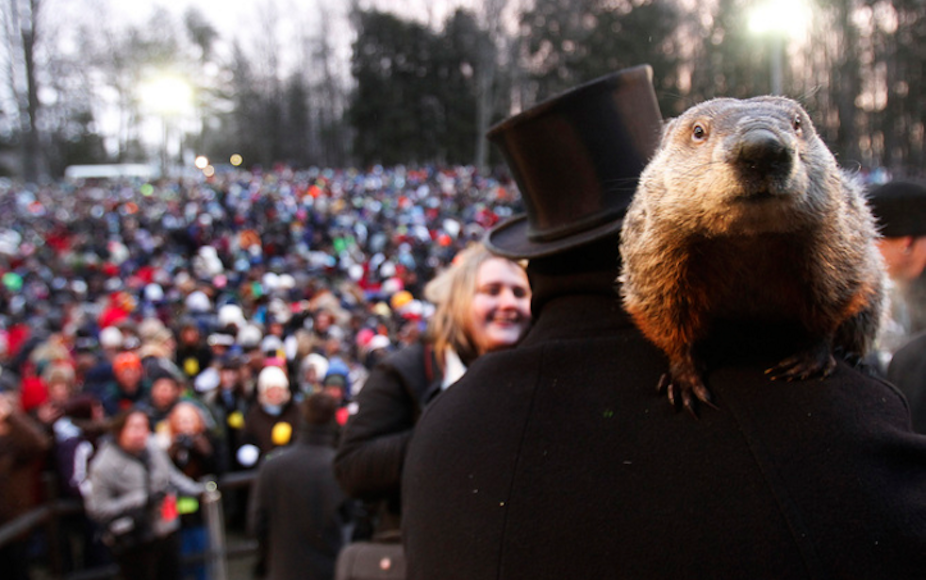Groundhog Day is upon us. Having napped their way through winter, groundhogs couldn’t be blamed for finding this quite an abrupt leap in responsibility. Tradition dictates that if it’s cloudy when a groundhog emerges from its burrow on February 2, spring will come early; if a groundhog sees its shadow on a sunny day and retreats, we can expect six more weeks of winter. No pressure, groundhogs.
Groundhog Day may seem somewhat elaborate, but on the spectrum of weird prophetic rituals, it’s small fry. From oracles to octopuses, our species has found no shortage of predictors to inform our daily lives. Here are some of our favourites from The Conversation.
There’s not a corner of the globe without prophets and visionaries. It’s in our nature to look to the gifted for insight. Lionel Laborie explains why.
Like rats fleeing sinking ships, animals always get the memo about impending doom. If we could adopt a big-data approach to tracking their fleeing patterns, explain Yijun Yu and Clara Mancini, it might give us a crucial heads-up about natural events.
Last year, the Doomsday Clock was turned to a spooky three minutes to midnight. But as Anders Sandberg reveals, it’s not really so easy to predict when the end of the world is nigh.
Psychology professor Paul Taylor has discovered a link between employees’ email language and the likelihood they’ll go rogue on their employers. Next time you see these telltale ticks, you’ll have been warned.
If you’re tracking the US presidential candidacy race, don’t just keep an eye on the opinion polls. Following the Iowa caucuses, it turned out the betting markets did rather well.

